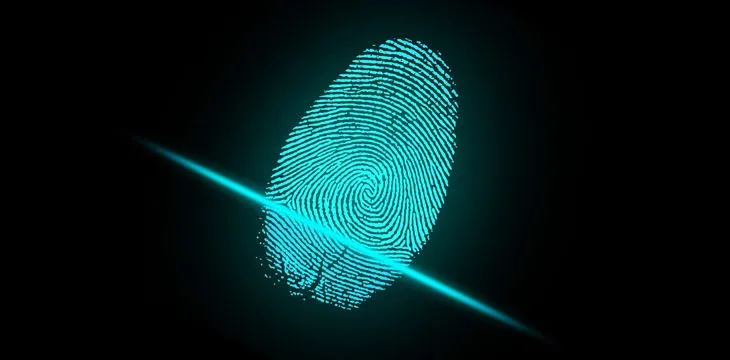|
Getting your Trinity Audio player ready...
|
Just because you have a private key does not mean that you are the owner of it. “In the same way that having a copy of a house key does not provide you with ownership of a house, a key does not provide you with ownership of bitcoin,” Dr. Craig wrote in his latest blog post.
“Keys ≠ Identity” explores the legalese around being in possession of a private key and what that means in terms of ownership, or rather, what needs to be done to prove ownership in that circumstance.
Your keys, not your identity
“Your keys in Bitcoin do not provide proof of ownership or identity. At best, keys may be associated with possession,” said Dr. Wright. “In the realm of English law, there are many laws associated with the subject of possession, but possession, contrary to popular dogma, is not the same as ownership, and it does not guarantee an individual’s identity.”
Often, individuals like to think of a private key as a digital signature, and believe that the individual in possession of a private key is the owner of the private key. However, this is not the case; it is easy to transfer a private key for whatever reason you may want to do that, which means the individual holding the keys might not be the owner of the keys—this is where the legal trouble begins.
What does this mean?
“There needs to be some way to register and control the signature key,” said Dr. Wright. “Where such is not the case, it is not possible to say that the individual engaged in the act, and some other extrinsic evidence would need to be provided. Such evidence is not evidence of possessing a key at a later point in time, but it is the ability to introduce extrinsic evidence that proves the control of the key at the time the signature was reportedly made.”
When you talk about a private key being the equivalent to a signature, we must think of it in relation to what it means to provide your written signature on a document. In that case, you are verifying that you have authorized whatever matter is at hand and prove this by writing your name in ink on a dotted line.
Now when we think of a private key and have the belief that it is equivalent to a digital signature, we quickly realize that’s not the case. If someone has your private key, they can sign a Bitcoin transaction. However, since someone could be in possession of the keys but is not the owner of the keys, it’s not equivalent to providing a digital signature. Since the individual who holds, but does not own, a private key can sign a tx, it would be like person #2 providing a signature on a document that is supposed to be authorized by person #1.
This can open up a can of worms if a case regarding private keys, ownership, and digital signatures appears in court; and it already did, during the infamous Silk Road case.
“The argument was used by Mr. Antonopoulos as a proposed defense in the Silk Road case, saying that the keys had been transferred,” said Dr. Wright. “But it missed the necessity of extrinsic evidence supporting the claim. If Mr. Ross Ulbricht wished to use such a claim, it would require him to provide extrinsic evidence of the other person’s identity and the exchange of keys.”
As you can see, the relationship between private keys and a valid digital signature can be a convoluted, slippery slope and that there are often several pieces of evidence that an individual needs to provide—beyond just a private key—to prove that they are, or aren’t, the owner of a private key that was used to sign a transaction.
To learn more about this issue, the implications it could have in court, and potential solutions to this obstacle, you will find information that can help you navigate this issue in Dr. Craig S. Wright’s latest blog post “Keys ≠ Identity.”

 09-09-2025
09-09-2025 





